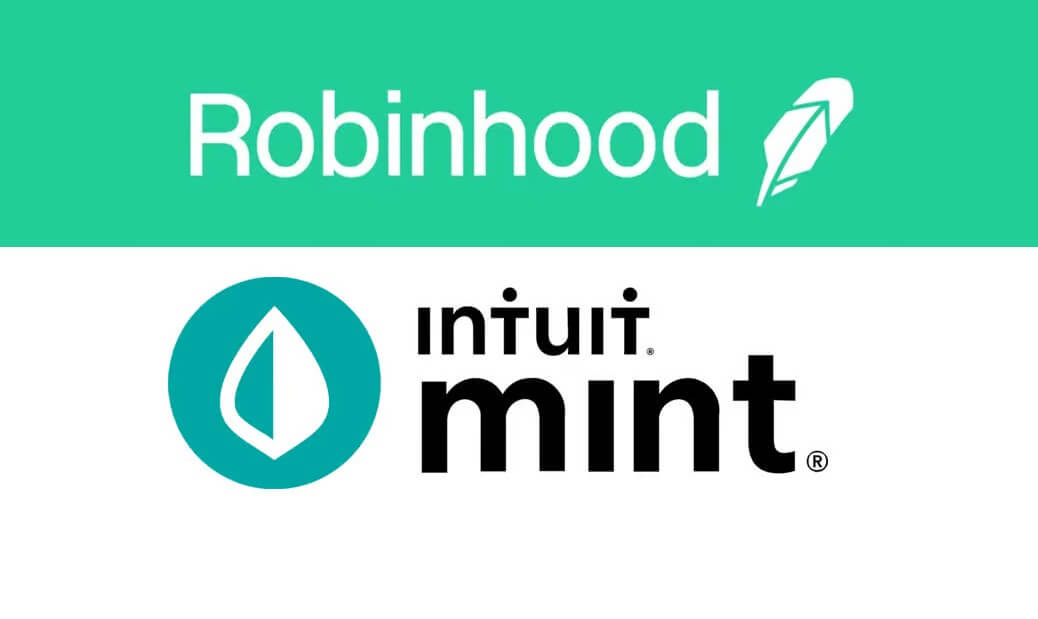To maintain privacy and security over a public network like the internet, a Virtual Private Network (VPN) is used. A Virtual Private Network, or VPN, is a service that encrypts a user’s online traffic to protect their privacy and security from snooping ISPs, governments, and hackers.
As soon as a user connects to a VPN, their device begins communicating in an encrypted fashion with the server. The user’s device and the VPN server, which may be physically located in a different country, form an encrypted private network through this connection. Once connected, the user’s device will send all of its internet traffic through the VPN server, which will be encrypted and the user’s IP address and location will be concealed.
A virtual private network’s ability to protect users’ anonymity and privacy is a major selling point. Users can conceal their location and identity while surfing the web by connecting to a virtual private network (VPN). This is helpful for anyone, especially those who live in countries with strict internet censorship laws or who wish to view blocked content in their region.
The data transmitted over a VPN is encrypted, another layer of user protection. Thus, even if a hacker manages to intercept the user’s internet traffic, they cannot decipher the encrypted data.
Further, a virtual private network (VPN) can get around geo-restrictions, which limit access to specific websites or services based on the user’s physical location. A user of a streaming service like Netflix or Hulu, for instance, may have access to a particular library of movies or television shows limited based on their location. By connecting to a server in a different region, users of a VPN service can avoid these censorship restrictions.
A virtual private network (VPN) is essential for anyone who values online anonymity and security. Aside from letting people avoid internet censorship and geographical restrictions, it also gives them anonymity, privacy, and security. While there are many VPN services to choose from, finding one you can trust to keep your data secure is essential.
Why Use VPN
Users’ IP addresses, web traffic, locations, and other identifying information can all be concealed when they employ a virtual private network (VPN). With this feature, a user can surf the web without worrying that someone else on the same network is spying on them.
Virtual private networks (VPNs) are commonly used in public places where data security is concerned, such as in unprotected Wi-Fi hotspots and public internet cafes. There is a high risk of data theft and hacking. The user is strongly advised to make use of a VPN to prevent such situations from occurring.
Numerous virtual private network services are now available. A virtual private network (VPNprimary ) safeguards its users’ online activities by masking their IP addresses and other identifying information.
However, not all VPNs are created equal, and each has pros and cons. The following are some of the most salient pros and cons of VPNs.
Advantages of VPN
Bypassing Geo-Restrictions
Geo-restrictions are a form of content control in which users outside a certain geographical area are denied access to a service or its associated content. Because the platforms can determine a user’s location based on their IP address, access to the platforms is limited.
Users need to use a virtual private network (VPN) that masks their real IP address and places them in a zone acceptable to the platform if they want to access such geoblocked content. Even though some media services impose geographic restrictions, a VPN will allow unrestricted access.
It Increases Your Online Privacy
Your true IP address is revealed to the website you’re logged into. Your IP address is very sensitive because it can be used to determine your physical location, the country you are accessing the Internet from, the city you are in, the Internet service provider you use, and even your exact postal code.
When you access the internet, you always leave a data trail behind. The ISPS can keep tabs on this information and then sell it to advertisers. Those businesses can then use your footprint to develop a detailed profile of you as a customer and send you ads that are more likely to interest you.
You can avoid this risk altogether by using a virtual private network (VPN) whenever you go online.
It Protects You from Cyber Attacks
With each passing day, cybercrime becomes more sophisticated. All of your network traffic is fair game, but especially wireless Internet. Spoof Wi-Fi connections are created by cybercriminals using public Wi-Fi to trick users into connecting to them.
Users should be aware that they may risk having sensitive information such as credit card numbers and bank account details stolen if they choose to connect with such a service. A virtual private network (VPN) can help a user avoid this. A virtual private network (VPN) encrypts your data transmission, rendering it unintelligible to would-be hackers and protecting your privacy.
You Free Yourself from Online Censorship
Certain online content and services are blocked in some countries, such as China. The great Firewall of China blocks access to specific websites and apps from within China.
Using a VPN, you can mask your IP address and bypass China’s restrictions. And despite still being in China, you can access the internet without censorship. This includes limitations imposed by your Internet service provider.
Prevents Bandwidth Throttling
Bandwidth throttling is the process of setting a cap on data transfer speeds. ISPs typically do this once a week or once a month, which may result in you being required to upgrade your data plan or subscribe to a more expensive service.
To prevent your Internet service provider (ISP) from tracking your bandwidth usage and online activities, you should use a virtual private network (VPN). Your ISP will not act against you despite your increased bandwidth consumption.
Super Network Scalability
The capacity of a network is measured by how easily new devices can be added or removed. Although private networks are preferred by many businesses, they can be prohibitively expensive to develop and deploy. Devices connected to the private network are given their unique IPS.
By connecting over public networks, the VPN can cut these costs and make the network more scalable.
Disadvantages of VPN
Slows Down the Internet Speed
VPNs encrypt your data, which takes time and may degrade your browsing experience. In addition, some VPNs are much slower than others; users should select a service that meets their speed requirements without compromising their privacy and security.
Most likely causes of slow internet speeds are rerouting, data encryption, and maintaining a minimum bandwidth. Thus, it is recommended that you use VPNs that guarantee a constant connection and fast transfer rates.
Some governments have implemented VPN blockers to prevent citizens from accessing content and websites they deem inappropriate. This has a direct impact on the VPN’s performance and speed.
Stronger Anti-VPN Software
There is now more powerful anti-VPN software available on the market. It’s also important to note that VPN use is outright banned in some nations. Thus, they have developed anti-VPN software to prevent access to banned resources.
Users must strive to use the VPN that stands a chance against these potent VPN blockers. Switching to a paid VPN service is a good place to start fixing this problem.
Connection Dropping
Dropping their connection is a major concern for anyone using a virtual private network. This is because if the connection drops, the encryption will stop working, your IP address will be revealed, and your anonymity will be gone.
The kill switch function is available in some VPNs. When the VPN encryption connection drops, the kill switch immediately cuts off access to the internet, protecting your privacy and anonymity.
Configuration Difficulty
A poorly configured VPN service could easily compromise your privacy. An improperly set up VPN will cause DNS and IP addresses to leak.
Furthermore, due to the complexity of the physical components used in a VPN connection, setting it up and configuring it manually can be challenging. There is a good chance that reading a manual or guide will make you feel like you’re trying to learn a new language.
If you’re not tech-savvy, providing a VPN service with a straightforward interface is best. If you want your VPN experience to be easy, enjoyable, and stress-free, look for a service that puts the user first.
Is A VPN Experience Worth It
With the proliferation of online scams and threats, the rise of telecommuting and home offices, and the ease with which attackers can track your online movements, virtual private networks (VPNs) offer more benefits than drawbacks. Choose your VPN carefully, and avoid the free and sketchy ones.
When deciding on a provider, it’s important to consider their server setup, security measures, and support options. Your stakes in the event of a cyber attack have increased, making it more important than ever to protect your network.


